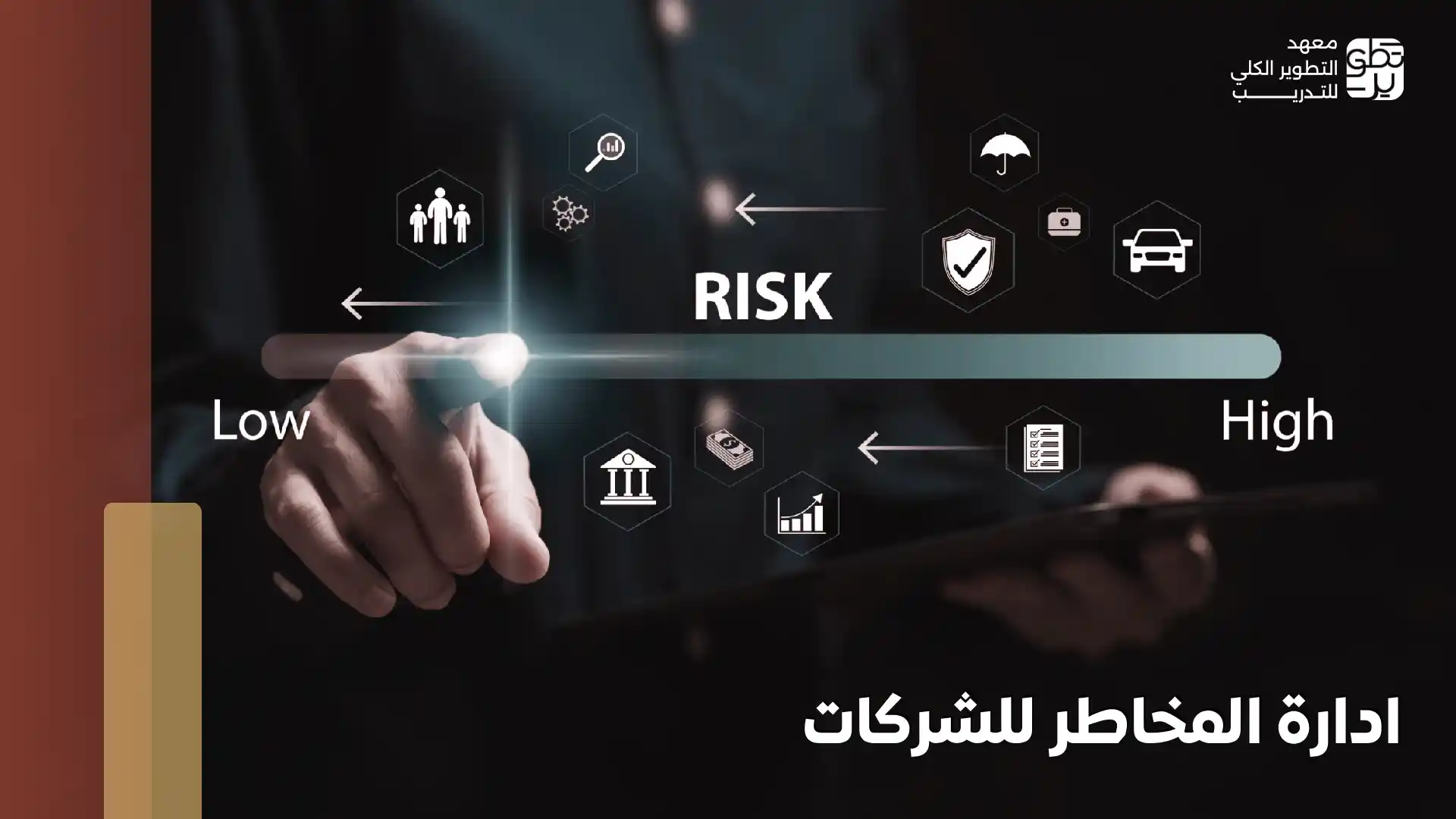
Law is the foundation on which societal stability is built, guaranteeing rights and protecting duties. In a country as vast as Saudi Arabia, which is experiencing a comprehensive renaissance and the ambitious Vision 2030, the need for qualified legal professionals is more pressing than ever. Legal knowledge here is not just theoretical study but the key to prestigious fields of work in law offices, judicial bodies, corporate legal departments, and even leadership positions that help shape decisions and policies.
This highlights the importance of studying a Diploma in Law in Saudi Arabia as an exceptional opportunity for anyone looking to build a promising career in one of the most prestigious and impactful fields in society.
What is the Law Diploma in Saudi Arabia?
The Law Diploma is a specialized training program designed to equip participants with the necessary knowledge and skills in the legal field, enabling them to understand, interpret, and apply legal rules effectively in various practical contexts. The program focuses on developing legal capabilities in key areas such as civil, criminal, commercial, and administrative law, contributing to enhancing legal awareness and achieving justice.
This program aligns with Saudi Arabia’s Vision 2030, which aims to strengthen the rule of law and ensure swift justice in line with the highest global legal standards.
Law is one of the essential pillars for organizing society and ensuring individual and institutional rights, making this diploma crucial in preparing qualified legal professionals capable of offering consultations and resolving disputes through effective legal means, ensuring legal stability and security.
Key Topics Covered in the Law Diploma in Saudi Arabia
The Law Diploma in Saudi Arabia covers several core areas:
1. Principles of Law and Its Sources
The program begins with the study of the concept of law and its importance in organizing relationships within society, protecting rights, and ensuring justice. It includes understanding the main sources of law such as legislation, custom, judiciary, and jurisprudence, including Islamic law where applicable.
This section also addresses the division of law into public law (which governs the relationship between the state, its institutions, and individuals) and private law (which governs relationships between individuals), with examples illustrating when each type is applied.
2. Civil Transactions Rules
This section covers the rules governing civil transactions, beginning with the study of contracts, including their formation, conditions, and types, as well as the rules on their annulment or termination and how to interpret them. It also includes the study of civil liability resulting from harmful acts, compensation mechanisms, and the causal relationship between the act and the damage, distinguishing between direct and indirect damages.
Additionally, it explains the difference between real rights such as ownership and pledge, and personal rights that arise between individuals, and how these rights are created and transferred.
3. Criminal Law
This section focuses on the study of crimes and punishments, defining and analyzing their components, as well as the stages of criminal prosecution. It differentiates between felonies, misdemeanors, and infractions based on their severity and the corresponding penalties for each.
The section also addresses the principles of criminal responsibility, such as intent, error, and causation, as well as the mitigating circumstances and excuses that may prevent criminal liability.
4. Labor Law
This section explores the rules regulating labor relations, where students learn about the rights and duties of both employers and employees, including wages, working hours, leave, termination of service, and social rights.
It also covers mechanisms for resolving labor disputes through labor courts or specialized committees, in addition to mediation and arbitration as alternative means of dispute resolution.
5. Administrative Law
The administrative law section introduces the relationship between individuals and government bodies, the rights granted to individuals before administrative authorities, and the procedures governing these relationships.
It also covers the organization of public bodies and their powers, administrative and judicial oversight of their actions, and administrative appeals as tools to ensure legitimacy.
6. The Judicial System
The Law Diploma concludes with a section on the judicial system and legal procedures. It covers the basic stages of the judicial process, starting from filing a lawsuit, through trial sessions, presenting evidence, and issuing judgments.
The training also includes drafting legal memos, lawsuits, and pleadings, focusing on the skills needed by legal assistants to support lawyers and efficiently manage cases.
Goals of the Law Diploma in Saudi Arabia
The Law Diploma in Saudi Arabia aims to prepare skilled legal professionals who meet the needs of the job market and support the justice system. The program seeks to achieve the following goals:
- Impart Basic Legal Knowledge: Equip students with the foundational principles of law, including both Islamic jurisprudence and civil law, to build a strong base in various legal branches such as civil, criminal, administrative, and labor law.
- Prepare Non-Law Graduates for Legal Careers: Offer an opportunity for bachelor’s degree holders from non-legal fields to enter the legal profession, providing them with the necessary skills and knowledge to become legal assistants or qualified legal employees.
- Develop Practical and Applied Skills: Train participants to apply laws practically, such as legal analysis, contract drafting, preparing legal memos, and mastering litigation procedures.
- Use Modern Technology: Introduce modern tools and techniques for managing cases and legal files, including online platforms, electronic signatures, and other innovations to streamline legal processes and enhance performance.
- Promote Professional Ethics and Social Responsibility: Instill ethical values such as confidentiality, objectivity, integrity, and neutrality, while raising awareness of the legal duties owed to individuals, institutions, and society.
- Match Program Outputs to Job Market Needs: Ensure that graduates are qualified to fill legal positions in both public and private sectors, including roles such as legal assistant, legal researcher, legal writer, or other legal-related professions.
- Support National Vision: Contribute to realizing Saudi Arabia’s Vision 2030 by producing qualified national cadres who enhance the rule of law, accelerate judicial procedures, and support swift justice.
Duration and System of the Law Diploma in Saudi Arabia
The duration of the Law Diploma in Saudi Arabia is three years or two semesters, depending on the system followed. The study is conducted in the evening through distance learning, providing greater flexibility for students.
The program consists of 84 training hours spread over 8 levels, including 32 diverse courses covering various legal aspects. Annual enrollment is open to an increasing number of students.
Target Audience for the Accredited Law Diploma
The accredited Law Diploma program targets:
- Bachelor’s degree holders from any discipline other than law, systems, and rights.
- Lawyers and legal consultants seeking to refine their legal skills.
- Employees in legal departments in both public and private sectors require additional qualification.
- Students and researchers interested in the legal field and eager to gain legal knowledge and professional practices.
Requirements for Admission to the Distance Law Diploma in Saudi Arabia
To enroll in the Distance Law Diploma in Saudi Arabia, applicants must meet the following basic requirements to ensure they are prepared for the program:
- Academic Qualification: Applicants must hold a bachelor’s degree in any field except law, systems, and rights.
- Nationality and Residency: Saudi nationality is preferred, or applicants must have a valid residence permit if they are non-Saudis. Non-Saudis may need to have their degree validated by the relevant authorities.
- Academic Average: A minimum average score from the bachelor’s degree (as determined by the university) to be eligible for admission.
- Identity and Official Documents: A clear copy of the national identity or residence permit, original bachelor’s degree certificate or its equivalency if obtained outside Saudi Arabia, and a personal photo.
- Technical Skills: Access to a suitable computer or laptop for remote work, a stable internet connection, and the ability to use e-learning tools (platforms, communication software, participation in virtual classes).
- Employer Approval (If Employed): If the applicant works for a military or government entity, they must provide approval from their employer.
- No Simultaneous Enrollment: Applicants must not be registered in another diploma or university program in the same field or at the same time, as determined by the university.
Final Admission Requirements for the Distance Law Diploma in Saudi Arabia
- Passing the online admission procedures.
- Uploading all required documents electronically.
- Paying tuition fees or depositing a guarantee if requested by the university.
At the end of our discussion about the Law Diploma in Saudi Arabia, the Macro Development Institute for training opens the doors to excellence through its accredited diplomas, diverse training programs, and interactive workshops that meet the needs of the Saudi and global job markets.
Don’t hesitate to browse through our available programs and courses, and choose what aligns with your ambitions to confidently step into your professional future. Opportunities await you to become part of the elite qualified professionals in various fields.
Frequently Asked Questions
Does the Law Diploma have a future?
Yes, the Law Diploma in Saudi Arabia opens up wide career opportunities, allowing work in law offices, legal departments, and companies, while enhancing the chances of obtaining a law license.
What is a Legal Assistant Diploma?
It is a training program aimed at equipping students with basic legal skills and knowledge, such as contract drafting, understanding the judicial system, and using modern technology to manage cases.


















